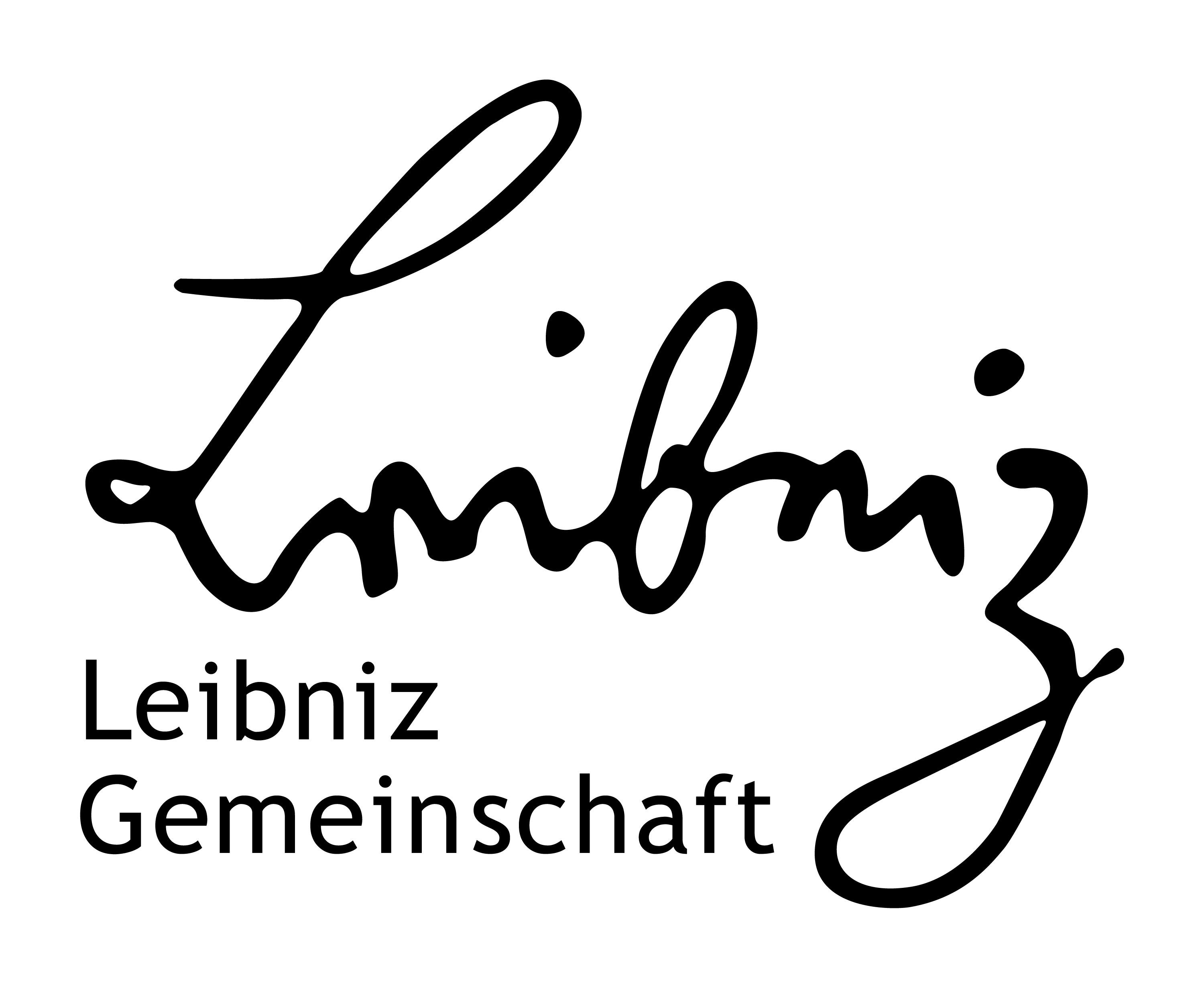
Leibniz-Institut für Resilienzforschung gGmbH
Wallstraße 7
55122 Mainz
1969
Research Group Leader, Leibniz Institute for Resilience Research (LIR), Mainz, Germany
Professor, Department of Psychiatry and Psychotherapy and Focus Program Translational Neurosciences (FTN), University Medical Center of the Johannes Gutenberg University, Mainz, Germany
M.D. degree award (magna cum laude); Institute of Neuropathology, University of Bonn, Germany (supervisor: Prof. Dr. O.D. Wiestler)
Medical School, University of Bonn, Germany; speciality subject: Psychiatry (state examination 11/1995)
Privatdozentin (Habilitation); Venia Legendi in Psychiatry and Psychotherapy, Ludwig Maximilian University Munich, Germany
Research Group Leader and Head of Mouse Behaviour Unit (MBU) at the Leibniz Institute for Resilience Research (LIR), Mainz, Germany
Research Group Leader and Head of Mouse Behaviour Unit (MBU) at the German Resilience Center (DRZ) Mainz, Germany
Professor of Translational Psychiatry (permanent position), Head of Section Translational Psychiatry. University Medical Center of the Johannes Gutenberg University and Focus Program Translational Neuroscience, Mainz, Germany
Head, Independent Research Group Molecular Stress Physiology (Career breaks due to parental leave 02/2007 − 08/2007 and 08/2010 − 02/2011)
Minerva Program (Professorship Award/W2 for outstanding female scientists) from the Max Planck Society, Germany
Assistant Medical Director, Open Psychiatric Ward (Oberärztin)
Board certification in Psychiatry (Fachärztin für Psychiatrie und Psychotherapie)
Residency in Psychiatry and Neurology; clinical training
Visiting scientist at the Netherlands Institute for Brain Research, Amsterdam, the Netherlands (supervisor: Prof. Dr. D.F. Swaab)
Postdoctoral Researcher, Molecular Neurogenetics Group (supervisor: Prof. Dr. W. Wurst)
Postdoctoral Fellow, Department of Neuropathology, University of Bonn Medical Center, Germany (supervisor: Prof. Dr. O. D. Wiestler)
Frau Professorin Dr. Marianne Müller ist seit 2014 Professorin für Translationale Psychiatrie an der Universitätsmedizin Mainz und seit 2020 Arbeitsgruppenleiterin am Leibniz-Institut für Resilienzforschung. Sie hat seit 2018 keine persönlichen Honorare für Beratertätigkeiten, Fortbildungsveranstaltungen, Vorträge oder Stellungnahmen von pharmazeutischen Unternehmen oder Medizinprodukteherstellern erhalten. Von der gemeinnützigen Boehringer Ingelheim Stiftung erhielt Frau Professorin Müller gemeinsam mit anderen Wissenschaftlerinnen und Wissenschaftlern Forschungsmittel für die Jahre 2017-2020 zum Aufbau des Leibniz-Instituts für Resilienzforschung sowie von 2020 -2023 weitere Mittel zur Förderung der Kooperation mit der Universitätsmedizin Mainz.
Herzog DP, Perumal N, Manicam C, Treccani G, Nadig J, Rossmanith M, Engelmann J, Jene T, Hasch A, van der Kooij MA, Lieb K, Gassen NC, Grus FH, Müller MB (2021) Longitudinal CSF proteome profiling in mice to uncover the acute and sustained mechanisms of action of rapid acting antidepressant (2R,6R)-hydroxynorketamine (HNK). Neurobiol Stress. 15:100404. doi: 10.1016/j.ynstr.2021.100404
>> Link zu PubmedJene T, Ruiz de Azua I, Hasch A, Klüpfel J, Deuster J, Maas M, Nijboer CH, Lutz B, Müller MB, van der Kooij M (2021) Chronic social stress lessens the metabolic effects induced by a high fat diet. J Endocrinol. 249(1):19-30. doi: 10.1530/JOE-20-0633
>> Link zu PubmedLyons DM, Ayash S, Schatzberg AF, Müller MB (2023) Ecological validity of social defeat stressors in mouse models of vulnerability and resilience. Neurosci Biobehav Rev. 145:105032. doi: 10.1016/j.neubiorev.2023.105032
>> Link zu PubmedRuffini N, Müller M, Schmitt U, Gerber S (2021) IntelliPy: A GUI for analyzing IntelliCage data. Bioinformatics. 37(21):3972–3. doi: 10.1093/bioinformatics/btab682 (Mitarbeiter AG Stroh) | IF 6,9
>> Link zu PubmedTreccani G, Yigit H, Lingner T, Schleuβner V, Mey F, van der Kooij MA, Wennström M, Herzog DP, Linke M, Fricke M, Schmeisser MJ, Wegener G, Mittmann T, Trotter J, Müller MB (2021) Early life adversity targets the transcriptional signature of hippocampal NG2+ glia and affects voltage gated sodium (Na v) channels properties. Neurobiol Stress. 15:100338. doi: 10.1016/j.ynstr.2021.100338
>> Link zu Pubmedvan der Kooij MA, Rojas-Charry L, Givehchi M, Wolf C, Bueno D, Arndt S, Tenzer S, Mattioni L, Treccani G, Hasch A, Schmeisser MJ, Vianello C, Giacomello M, Methner A (2022) Chronic social stress disrupts the intracellular redistribution of brain hexokinase 3 induced by shifts in peripheral glucose levels. J Mol Med (Berl). 100(10):1441-1453. doi: 10.1007/s00109-022-02235-x. Epub 2022 Aug 9. (Mitarbeiter/in AG Müller)
>> Link zu PubmedWang M, Milic M, Gericke A, Mercieca K, Liu H, Ruan Y, Jiang S, van Beers T, von Pein HD, Müller MB, Prokosch V (2021) Chronic social defeat stress causes retinal vascular dysfunction. Exp Eye Res. 213:108853. doi: 10.1016/j.exer.2021.108853. Epub 2021 Nov 18.
>> Link zu PubmedYuan R, Nechvatal JM, Buckmaster CL, Ayash S, Parker KJ, Schatzberg AF, Lyons DM, Menon V (2021) Long-term effects of intermittent early life stress on primate prefrontal–subcortical functional connectivity. Neuropsychopharmacol. 46(7):1348-1356. doi: 10.1038/s41386-021-00956-0
>> Link zu Pubmed




